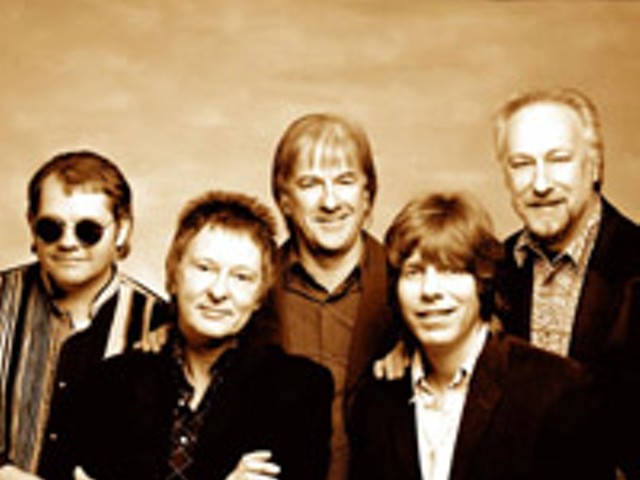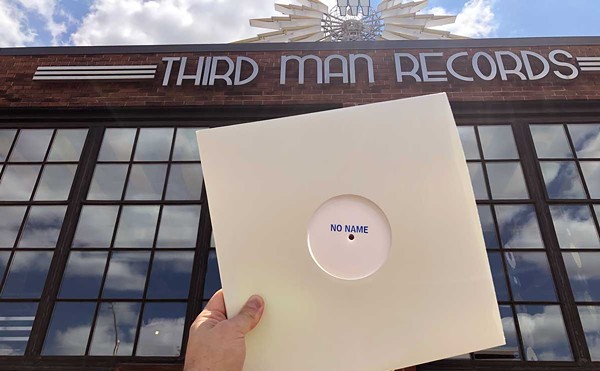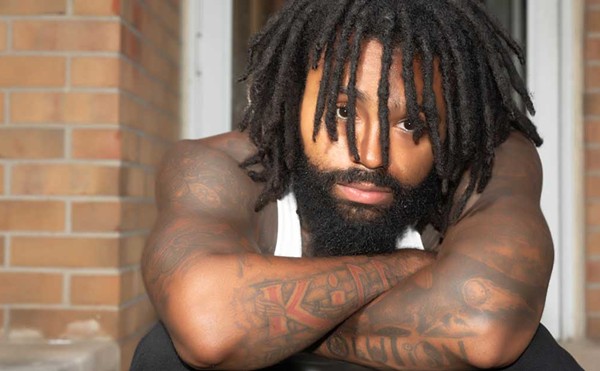Valentin Silvestrov
Leggiero, Pesante
ECM New Series
Sometimes the mistakes we make take a long time to get corrected. In the case of two sets that ECM released last June, it’s taken me almost a year to find the occasion (maybe the courage) to write about the emotions they bring up. Is it the clouds stretching from one horizon to the other that won’t disperse, the sense that this music is a sound track to something in our lives that can’t be relieved?
Of course, pianist Alexei Lubimov’s hour-long recital is nothing less than a programming tour de force, grouping as it does works by Carl Philipp Emanuel Bach, John Cage, Franz Liszt, Frédéric Chopin, Claude Debussy, Béla Bartók and Valentin Silvestrov, among others. That’s a lot of variety packed into one disc, but Lubimov has chosen 10 pieces that mine a slice of the emotional spectrum — call it the melancholic — and his progression from one track to the next is held together by a primordial glue. When C.P.E. Bach’s 1787 “Fantasie für Klavier” segues into Cage’s 1948 “In a landscape,” an almost unconscious dropping away of prejudice about musical conventions occurs. Lubimov has located the existential mother lode that the two works share, though they were composed 160 years apart.
Whenever Cage’s name comes up, contradictory expectations get generated, one being an automatic cringing at the “noise” a listener might expect. But “In a landscape” is the composer at his most meditative. And when Tigran Mansurian’s quietly ringing “Nostalgia” (1976) follows, then leads into Liszt’s soothingly noble “Abschied” (1885), it feels like a cosmic massage taking place. These are the sounds of a particular sadness, yes, but they’re also therapeutic in the most fundamental way.
Another subliminal feature of this set is that, aside from the initial Bach and Cage works and the final, title selection by Silvestrov (“Der Bote” — “The Messenger”), only one of the pieces is more than six minutes long. The effect is something like the collage of fragments that a Webern or a Kurtág pulls together in the service of a higher musical order.
If someone should then put Silvestrov’s Leggiero, Pesante in the CD player, the emotional range would expand in slightly different directions without abandoning a quietly considered involvement with life’s misfortunes. This program of chamber music — whose title contrasts the Italian words for “light” and “heavy” — opens with a piece that makes use of both extremes, 1983’s “Sonata for violoncello and piano.” Progressing from hesitant, lilting melody to dramatic chordal voicings, to shimmering tone clusters and back to tender melody again, this 22-minute piece makes two instruments (Anja Lechner, cello, and Silke Avenhaus, piano) sound like more, without sliding into bombast or pretension.
Silvestrov’s “String Quartet No. 1” (performed here by the Rosamunde Quartet) brings to mind the indeterminate silences of Cage and his colleague in compassionate disruption, Morton Feldman. But again, Silvestrov’s strong melodic sense underlies the proceedings — blame it on his Russian soul. And when the strings get sharper and more densely oppositional, the single movement’s almost glacial tempo imposes a truce of introspection on it all.
“Three Postludes” (1981-82) follow, with a minimum of instruments and a dreamlike echoing down corridors of collective memory. In the first movement, drama melds into reverie, as soprano Maacha Deubner sings a wordless homage to Dmitri Shostakovich. The second postlude, for solo violin (Simon Fordham), ratchets Leggiero, Pesante down to a breathlessly static core. Within this gorgeously ornamented silence, it’s impossible not to mull over the most fundamental things of life: emptiness, time passing, air, light and sound. Then the last postlude (for cello and piano) unfolds a melody so sweetly simple as to bring anyone to tears.
As a closer, Silvestrov plays “Hymn 2001” on piano. Like his third postlude, it’s heart-on-sleeve disarming and leaves us with no solace, no recourse but our own ability to face life’s events. For that, we should thank him.
George Tysh is Metro Times arts editor. E-mail him at [email protected].





